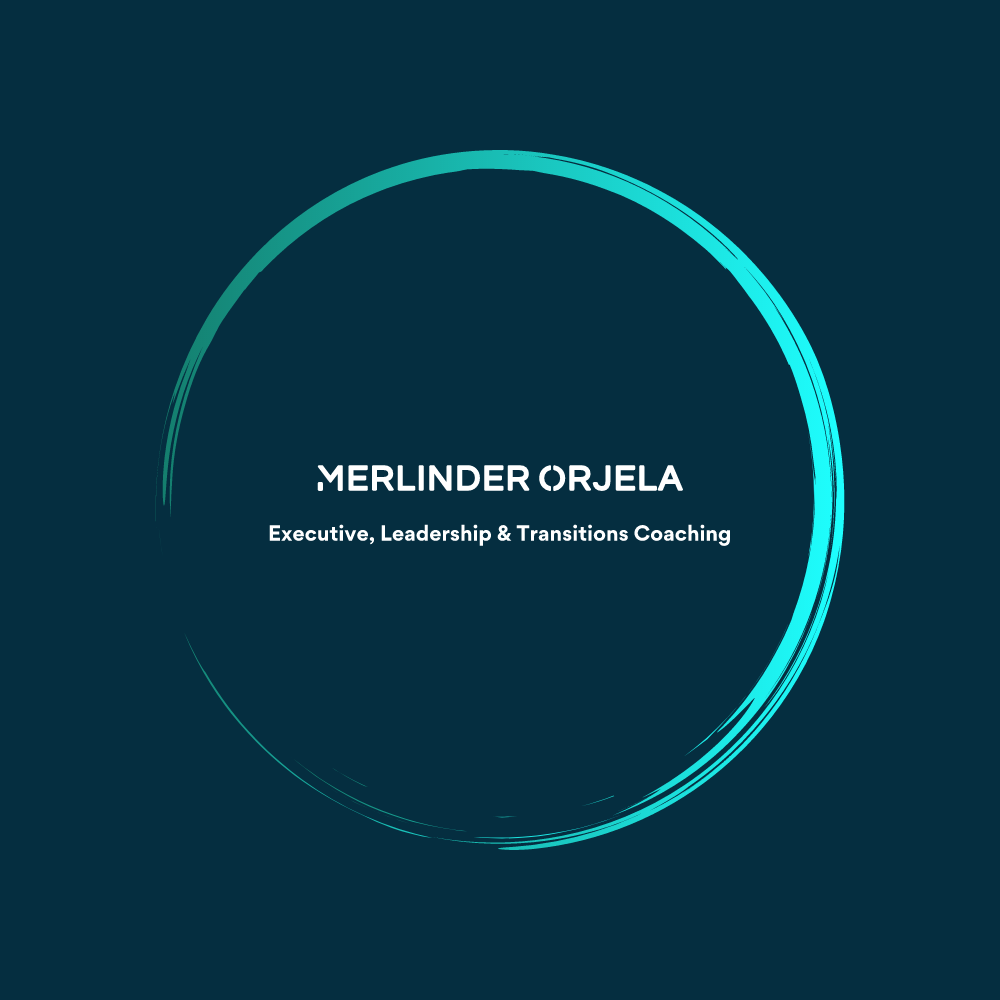Support Systems - Part 1
Support systems are what we have in place to support us, especially when things become more challenging. They can be other people, things we do, mindsets, things like IT programs or lists to help organize or remind us. Support systems play a role in our resilience and how we bounce back from difficult situations. They are unique to all of us and can develop at different times, with different situations. When overlooked, which is quite common when planning and yet a crucial component of planning, there is a big gap of how to deal with a situation and achieve our goals.
In terms of support everyone has their own approach to how they support themselves, it can however shift over time or in different situations. Some ideas of ways to look at how to support yourself on your own are below (part 2 will look at with others), these can contribute to achieving a goal, wellbeing, managing a difficult experience or just living in a way that fits to your values and what is important to you.
Support systems on your own:
· A lot of people have routines that support them in different was it can be morning routines to help get prepared for the day, little rituals throughout the day to take breaks or enjoy the present moment, or even to mark parts of the day or week or month. It can also take the form of nutrition, sleep, rest, breaks, movement, social, hobbies and things you enjoy, important to you or you want to focus on.
· Time alone is important for both extraverts and introverts. Finding time to spend on your own supports self-awareness. It can also be combined with things that you enjoy like spending time in nature or movement of some kind like walking.
· Reflection is a useful support I terms of learning, looking at things differently and working out how to go forward. There are ways of doing this alone, such as journaling or checking in o progress, milestones and where to adapt. Overdoing it can go into over-analyzing or overthinking, reflection used productively is more reflecting on the past to see how to move forward.
· Processes, a lot like routine, we might follow specific processes that help us in some way, either to focus on what is important to us or to make up for some areas which may not be our strengths or come naturally to us and so we have to work harder at them, create a way of focusing, or making them easier for us.
· Mindset, a big topic and one which can be challenging and take time to develop. Our mindset and how we view something can be hugely helpful when dealing with things that are not going as planned or when we want to look at things from in a different way which serves us better. An example of this could be growth mindset (vs fixed), or the way we look at “failure”, instead shifting it more to what can we learn from this experience going forward.
· IT systems can be great for reminders, block time and helping schedule different pieces you want to incorporate, such as time to yourself, time for a project, reminders to do something for yourself or that you enjoy. This can help be more productive or focused, however this doesn’t work for everyone and looking at how to set things up so it supports you is important.
· Learning this can take a lot of different forms (especially as we have so much access with the internet), it could be learning on the job, courses, training, programs or even experiences. These contribute to our knowledge and how we look at things differently going forward. For a lot of this this is also a value and something we find enjoyable.
What is important is that the support system works for you.
What do your support systems look like?

